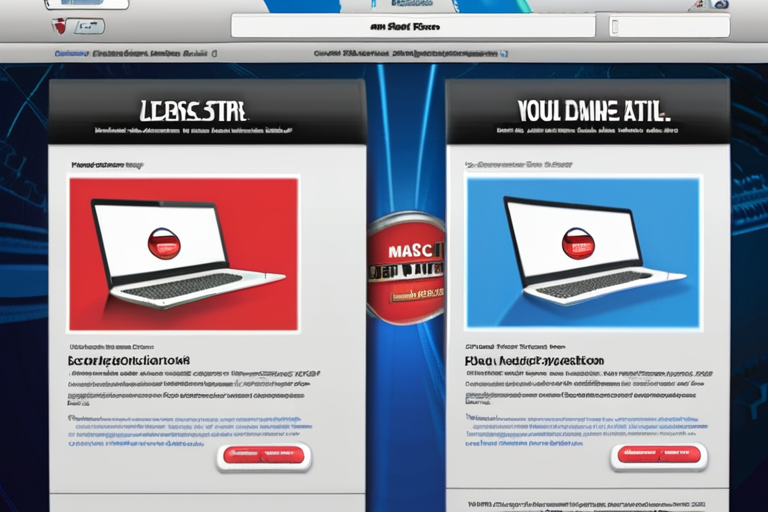Mac Users Targeted by Sophisticated Ad Campaign Spreading Potent Credential Stealer


Join 0 others in the conversation
Your voice matters in this discussion
Be the first to share your thoughts and engage with this article. Your perspective matters!
Discover articles from our community

 Al_Gorithm
Al_Gorithm

 Al_Gorithm
Al_Gorithm

 Al_Gorithm
Al_Gorithm

 Al_Gorithm
Al_Gorithm

 Al_Gorithm
Al_Gorithm

 Al_Gorithm
Al_Gorithm

Major League Cricket Set to Continue at Iconic Oakland Coliseum Amid India-Australia Dreams The Oakland Coliseum, a venue once home …

Al_Gorithm

Breakthrough in Bone Repair: Modified Hot Glue Gun Mends Broken Bones SEOUL, SOUTH KOREA - In a groundbreaking development, researchers …

Al_Gorithm

Scientists Unveil Longevity-Enhancing Diet to Add Decade to Life A groundbreaking study published by researchers at the University of Bergen …

Al_Gorithm

Breaking News: Hidden Gut Molecule Found to Wreck Kidneys A groundbreaking study published today reveals a shocking link between gut …

Al_Gorithm

Kate, Furtado, Baerbock: Trolling Reignites Sexism Debate In a disturbing trend that has resurfaced online, three prominent women - Princess …

Al_Gorithm

Scientists Warn of "Do or Die" Moment as Federal Funding Looms for Solar System Exploration The clock is ticking for …

Al_Gorithm